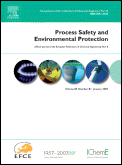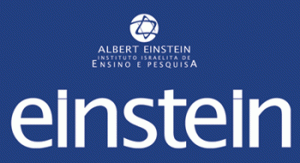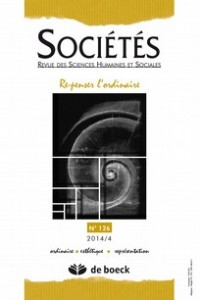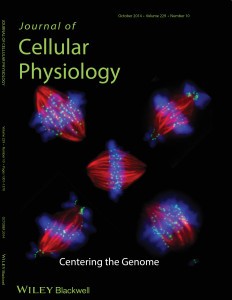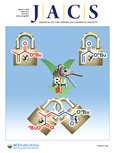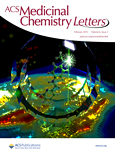 A fight over a paper posted on preprint server arXiv.org has divided two mathematicians.
A fight over a paper posted on preprint server arXiv.org has divided two mathematicians.
The authors initially posted the paper, which looks at the mathematical properties of spheres, in 2013. And that’s when the trouble started.
Apparently, after submitting the paper to a journal and receiving reviewer feedback, co-authors Fabio Tal at the University of São Paulo and Ferry Kwakkel, who got a PhD at the University of Warwick, began to fight over the content of the paper, causing Kwakkel to post his own version, and Tal to withdraw the previous one. “I believe we are severely at odds now,” Tal told Retraction Watch.
In February 2015, Kwakkel, posted a second paper on arXiv.org that he said is his “version” of the 2013 paper, with which it has “substantial text overlap.” Tal requested that the first paper be withdrawn; the note that now appears on “Homogeneous transformation groups of the sphere” cites an “irreconcilable difference of opinion”:
Continue reading “Irreconcilable difference of opinion” divides math preprint
 A group of researchers at two universities in South Korea have retracted two cell biology papers featuring retinoic acid.
A group of researchers at two universities in South Korea have retracted two cell biology papers featuring retinoic acid.